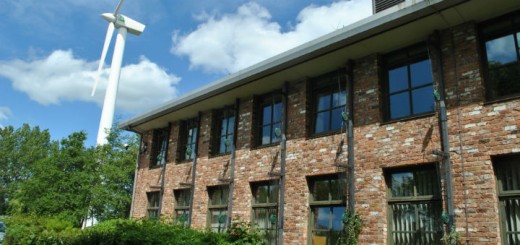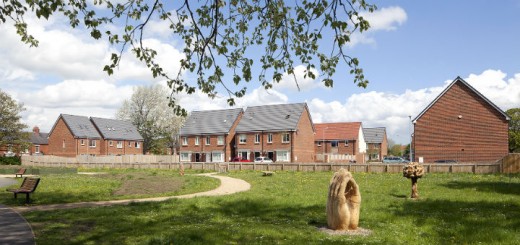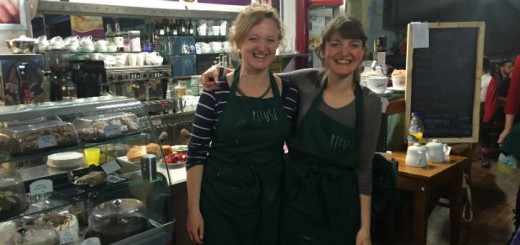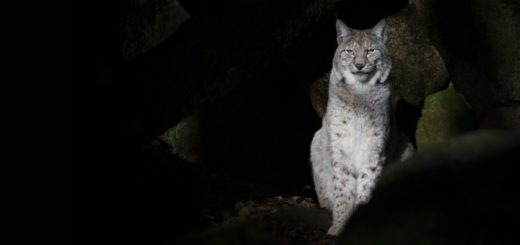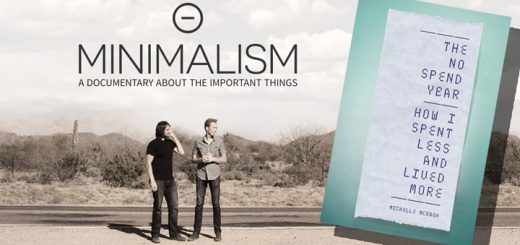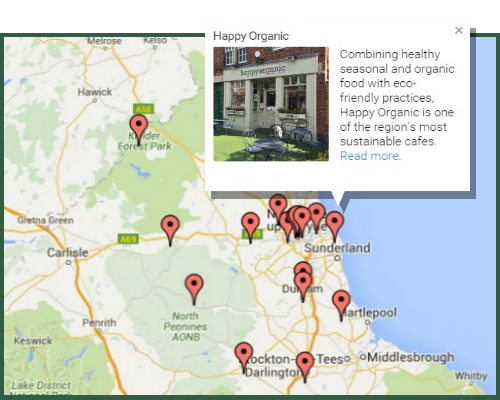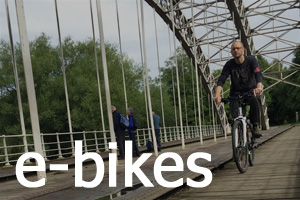Wilding by Isabella Tree
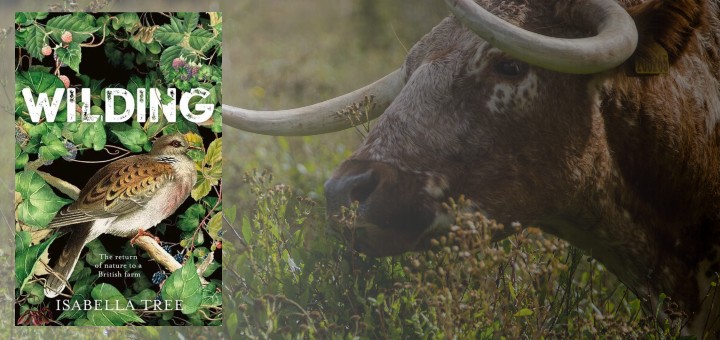
‘Wilding’ tells Isabella Tree’s story of how the 3,500 acre Knepp Estate in West Sussex has been returned to nature.
I first heard Isabella Tree talk at the Rewilding and Climate Change Conference in Gateshead last summer. Isabella talked about how she and her husband Charlie Burrell gave up intensive farming on their estate to avoid bankruptcy. Instead they set about returning the land to nature and so established one of the UK’s most ambitious conservation projects. ‘Wilding’ tells the story of almost two decades of rewilding since they began digging up field drains and ripping out fences. They allowed ditches to silt up and trees to seed themselves. In time, they introduced ‘proxy’ species to replace the herbivores that would have grazed the UK after the last ice age. Then, they sat back and watched.
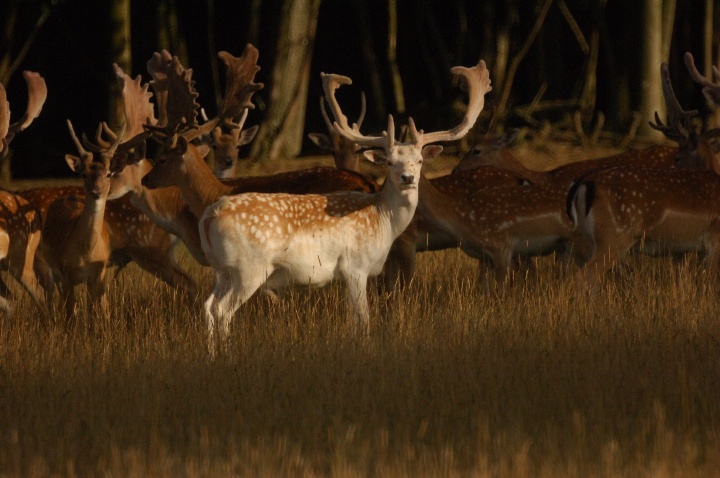
This hands-off approach to nature conservation has been the key to rewilding at Knepp. Rather than trying to manufacture habitats for specific species, they’ve let natural processes create rich ecosystems. Longhorn cattle, Exemoor ponies and Tamworth pigs have all been reintroduced to the land to roam freely, breaking up the soil and the tree cover, creating niches for new life. The resulting woodland pasture landscape has an exceptional depth of biodiversity and a number of endangered species are thriving, including the turtle dove and purple emperor butterfly.
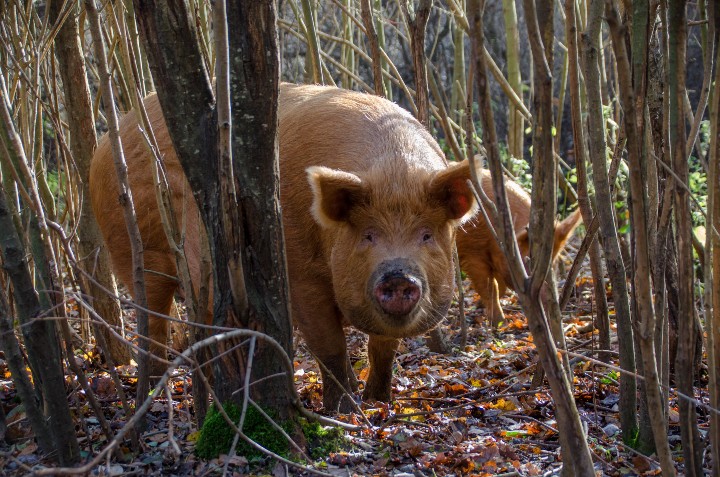
“Like most farmers we considered ourselves stewards of the land while, deep down, we felt that nature was not farming business.”One of the most fascinating aspects of the book is the portrayal of nature conservation from the perspective of farmers and landowners. Isabella is candid about the challenges facing farmers today and why rewilding is such an alien concept. “Like most farmers we considered ourselves stewards of the land while, deep down, we felt that nature was not farming business.” It’s hardly surprising, therefore, that there has been a great deal of discontent amongst local farmers over the years. I was more surprised by the objections from non-farming neighbours. Complaints that Knepp Wildland is messy and unkempt is a typical example of shifting baseline syndrome where perceptions of what nature should ‘look like’ is informed by personal experience over only one lifetime rather than any evidence-based analysis of what it means for a landscape to be ‘natural’.
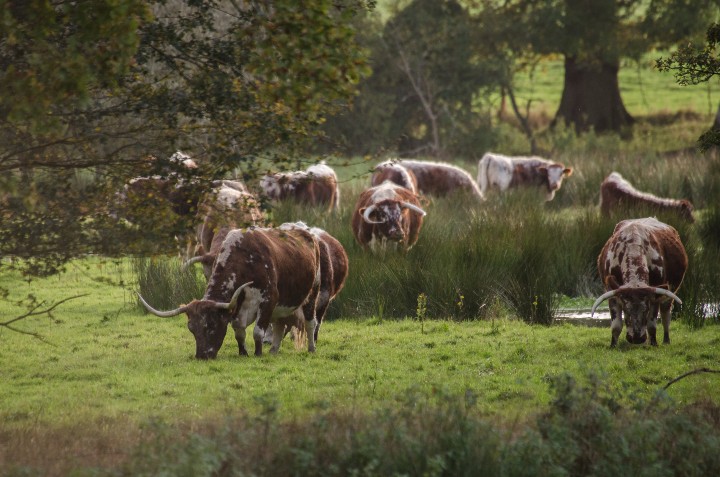
Whilst Isabella obviously has a profound grasp of the ecology at Knepp, it is her enchanting writing style which is so captivating. The chapters are dripping with tales of emergence and rejuvenation of so many species I sorely wish I could identify! But the book is more than just a narrative. There are important lessons to be learnt here for farmers and landowners, and above all for policy makers.‘Wilding’ is both a warts-and-all account of the project’s successes and compromises, and a passionate portrayal of how beautifully rich and complex our natural systems can be.
Wilding by Isabella Tree, was published in 2018 by Picador. Photos are copyright of Knepp Wildland.



